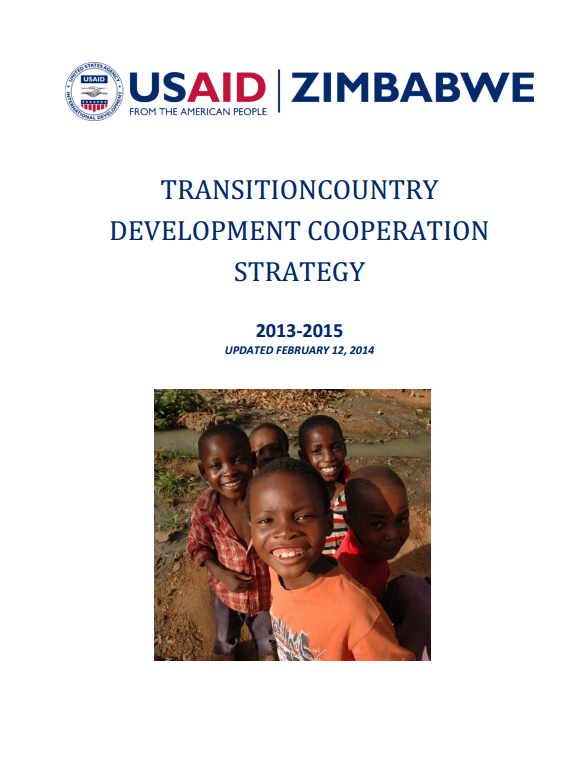Zimbabwe was once one of southern Africa’s most vibrant, productive and resilient countries. Since 1997, the nation has struggled under the burden of successive and interrelated shocks and crises. The ongoing political, economic, humanitarian, and health crises resulted in a disintegrating economy, a failed currency and related hyperinflation, food insecurity, the breakdown of social services, the resurgence of cholera and other water borne infectious diseases, and a disputed 2008 election marred by widespread violence. This combination of factors severely compromised the Government of Zimbabwe’s (GOZ’s) capacity to govern. Indeed, the country’s fragile status and stagnant economy are significant risk factors for regional destabilization.
Following the contentious elections of 2008, the ruling Zimbabwe African National Union-Patriotic Front (ZANU-PF) signed a Global Political Agreement (GPA) with two opposition parties: Movement for Democratic Change-Tsvangirai, led by Morgan Tsvangirai (MDC-T) and the Movement for Democratic Change led by Arthur Mutambara (MDC-M). The power sharing arrangement placed Tsvangirai in the newly created role of Prime Minister with Mutambara as Deputy Prime Minister, and left Robert Mugabe in place as president and established a Government of National Unity (GNU)1. While democratic progress has been limited, the introduction of a multi-currency regime and tighter controls on government spending allowed for a nascent economic recovery.








Comment
Make a general inquiry or suggest an improvement.